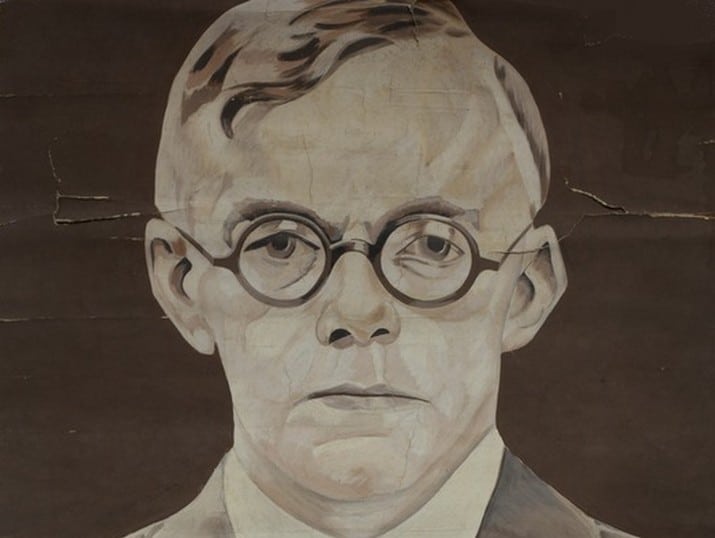This Week’s Guest: Yossi Klein Halevi
Last week marked the 140th birthday of one of Zionism’s most remarkable and prophetic leaders, Vladimir Ze’ev Jabotinsky. The intellectual father of the Revisionist school of Zionism and the ideological forerunner of today’s governing Likud party, Jabotinsky exhibited more foresight during his lifetime that nearly any of his contemporaries. He was, for example, foremost in sounding the alarm about the danger to European Jews a decade before the Holocaust.
His prescience is also on display in a pair of famous essays he wrote in the 1920s, “The Iron Wall” and “Ethics of the Iron Wall,” in which he laid out a security doctrine for how Jews should interact with the Arab population of Palestine. Even a century later, they read in many—but not all—ways as if they were written yesterday.
Several years ago, the Israeli writer and thinker Yossi Klein Halevi joined the podcast to discuss Jabotinsky’s Zionism and why “The Iron Wall” still matters today. Marking that 140th birthday, we’re pleased to rebroadcast the conversation.
Musical selections in this podcast are drawn from the Quintet for Clarinet and Strings, op. 31a, composed by Paul Ben-Haim and performed by the ARC Ensemble.
Excerpt:
In some ways, this essay could have been written today. The refusal of the Palestinian national movement, in all of its forms, from Islamist to nationalist, to accept the legitimacy of the Jewish return home, to accept our own self-definition as an indigenous people returning home, rather than as a colonialist people invading the Middle East―this is really the stuff of the current Israeli debate, and at least for now, the Israeli left has decisively lost that argument. Most Israelis today, including many on the left, who would read that part of this essay, would say that Jabotinsky was certainly right, and note that we see no real sign of a crack in the Palestinian iron wall of rejectionism of our legitimacy. So in that sense, this essay has an immediacy that is almost shockingly relevant.
Where this essay is troublingly archaic is in the easy language of colonialism, which is precisely the argument that those of us who defend Israel in the public sphere are trying to counter. And so reading this through contemporary eyes is a very complicated experience. On the one hand, it’s exhilarating to see the clarity, not just the political clarity but the moral clarity of this essay. On the other hand, it’s deeply troubling to see just how much Jabotinsky was a prisoner of the limitations of his time.
More about: Israel & Zionism, Vladimir Jabotinsky







